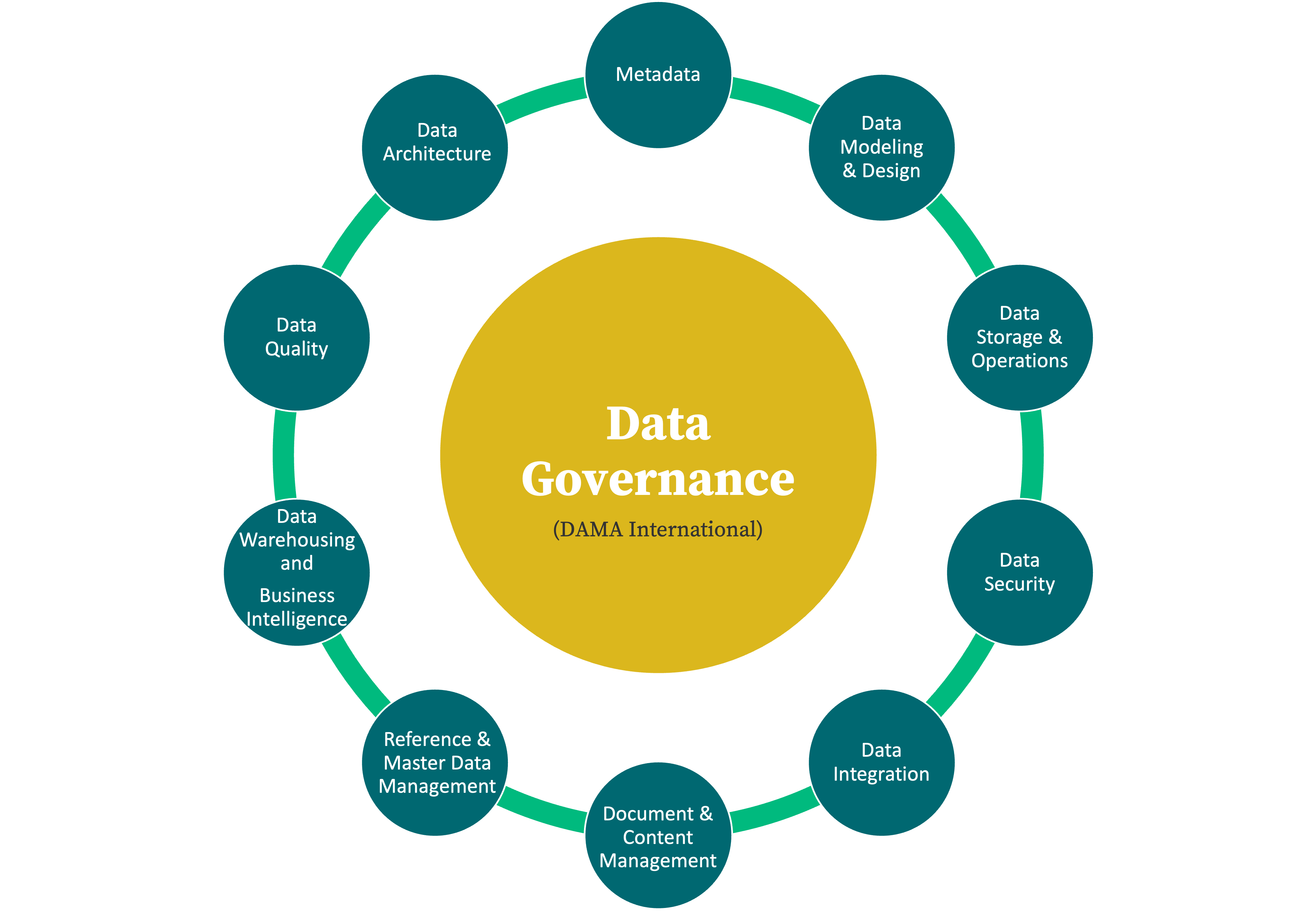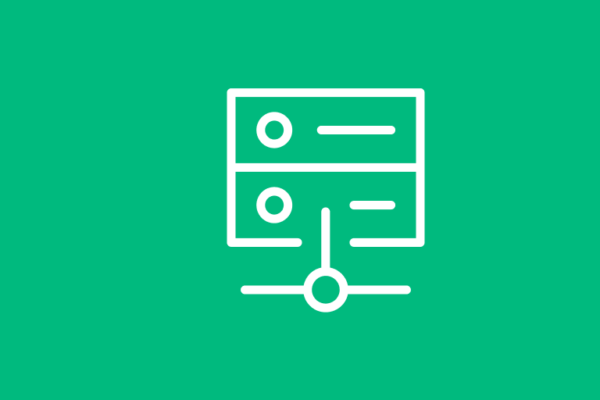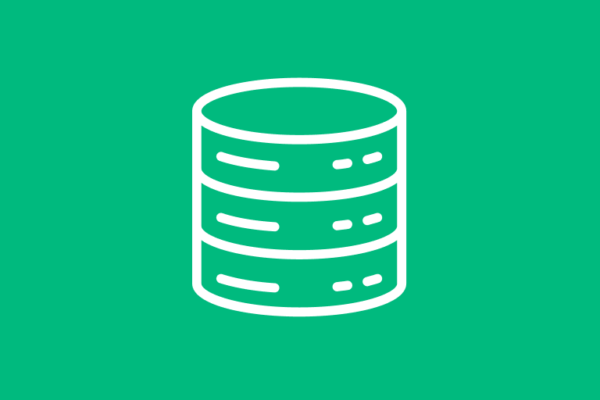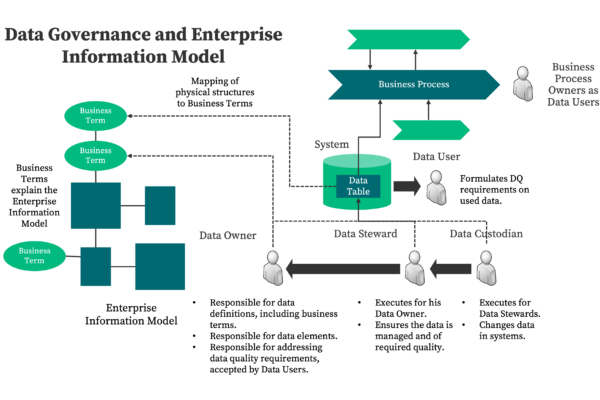Data Governance is defined as the exercise of authority and control over the management data assets by DAMA International. Every organization, even without a formalized Data Governance function, makes decisions about data. We have seen many times in practice that the organizations with a suitably formalized Data Governance are generally better at gaining value from their data assets.
Regulatory compliance used to be the most common driver for establishing Data Governance. However, the immense increase in scope and volume of organizations’ data brought not only new potential for creating value but also new complexities. The following drivers for Data Governance are common nowadays:
- Business performance – since Data Governance is an enabler for Data Quality and the higher quality data improves business performance.
- Change management – an established Data Governance brings higher effectivity and efficiency when implementing a change (data projects).
- Common understanding – a business glossary and other metadata with defined ownership reduces the friction and risks leading from not having single and agreed definitions of terms.
- Managing risk – protecting data assets, controlling the privacy of data assets and operational and reputational risks.
- Compliance – responding to ever changing legislative requirements, especially in financial and pharmacy industries.
how we help
Our team of technology independent consultants help clients to establish a Data Governance function that is suitable to their constraints and expectations. One size does not fit all, i.e., the structure and scope of the function should respect the organization’s specifics.
We believe that at many organizations Data Governance still provides huge potential for improvements in their business performance due to higher quality data, improved agility and better risk management and compliance. We design a suitable Data Governance function, harmonized with the organization and relevant organization’s processes, including Data Quality Management (see Data Quality Management). We make the Data Governance function sustainable by actively working with clients and providing extensive trainings.
Our service comprises initial understanding of client’s circumstances and expectations, design of a suitable Data Governance function, trainings, and a pilot to make it sustainable. Mostly, establishing a Data Governance function is connected with establishing Data Quality Management.
our approach
Building Data Governance Organization
We view Data Governance as the central prerequisite for all the other Data Management domains.
our solutions
Business Term Definitions
In a tight cooperation with organization’s experts, mapping the key business terms and establishing the use of the Business Dictionary
Elaborating Enterprise Information Model
Describing, at a higher-level, or organization’s data with fundamental attributes and relationships, related to its business processes.
Data Governance Architecture
Designing for organization’s circumstances and expectations, integrating it into Data Management processes, and training to make it sustainable.
Organization Assessment
Reviewing organizational aspects of Data Governance; e.g., some data areas with unassigned responsibility or missing knowledge.
client story
Establishing Data Governance
The goal of this project was to design and implement processes to ensure quality of business data and efficient implementation of changes of data-intensive systems in a bank. The processes were designed and implemented together with a suitable organization structure.
Free assessment
Organization Assessment
Reviewing organizational aspects of Data Governance; e.g., some data areas with unassigned responsibility or missing knowledge.







